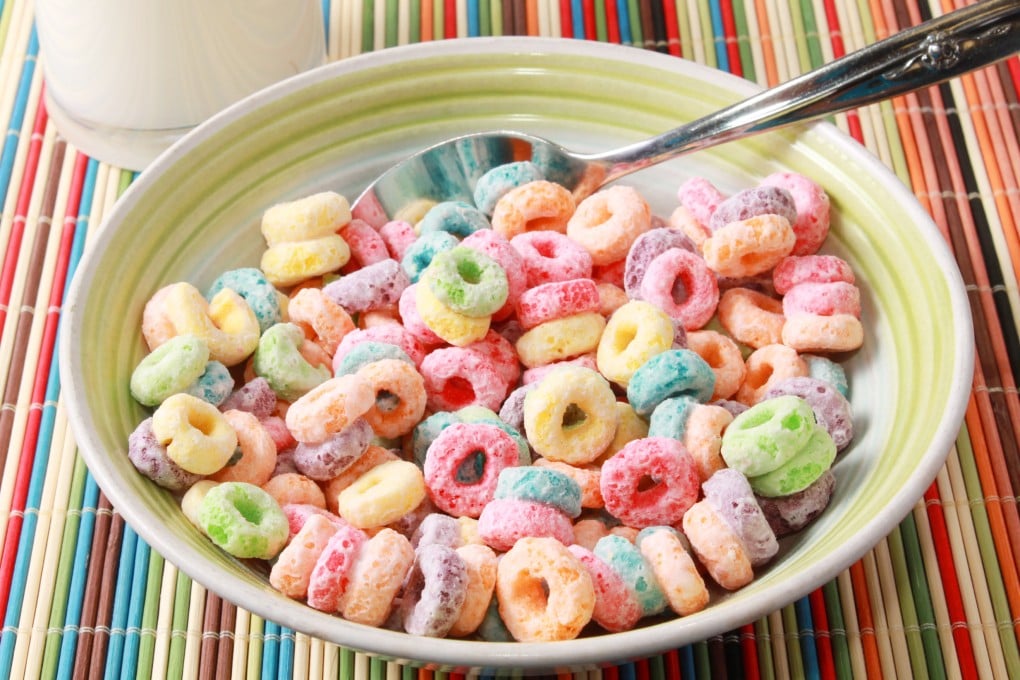Advertisement
Explainer | Why ultra-processed foods – such as breads, cereals and most sausages – are harmful; they can be addictive and are linked to cancer and other ills, doctor says
- They are tasty, convenient and make up a big part of our food purchases, but ultra- processed foods do more harm than good, according to Dr Chris van Tulleken
- The University College London professor helps us understand how to spot UPFs, the diseases they cause, and why he likens their producers to Big Tobacco
Reading Time:5 minutes
Why you can trust SCMP
3

You can probably find vegetables such as green peas easily enough at your local supermarket, whether fresh in the produce section, in tins on the shelves, or frozen in bags in a freezer.
Canning and freezing of food has been around since the 1920s. They have allowed food to be mass-produced, transported and stored for long periods.
But recently, health researchers have cast a wary eye on a newer form of processed food – ultra-processed food, or UPF.
Almost all packaged staple foods are ultra-processed – bread, cereal, cookies, desserts, dairy products and condiments, says Chris van Tulleken, an infectious diseases doctor at the Hospital for Tropical Diseases in London and an associate professor at University College London.
He analyses the food industry’s effects on human health for the UK’s National Health Service. UPF products, he says, are addictive.
In his book Ultra-Processed People: the Science Behind Food That Isn’t Food, van Tulleken compares eating UPF products to smoking, and likens the food industry that produces it to Big Tobacco – the name given to the major cigarette manufacturers.
Advertisement